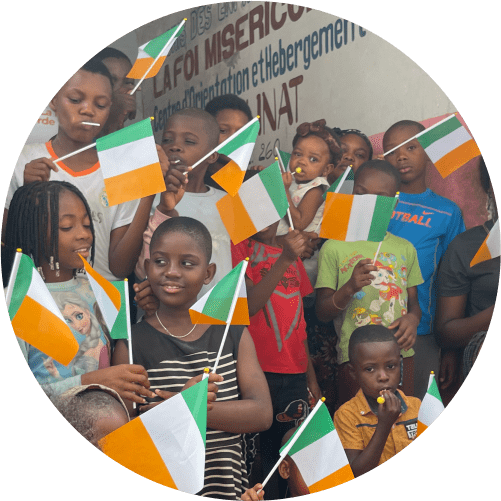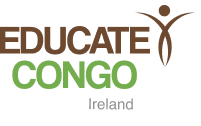about us
We understand that while we may not be able to change the entire world, we are steadfast in our commitment to effecting positive change on crucial fronts in our society.
WHY EDUCATE CONGO IRELAND EXISTS
Migration
According to the Central Statistics Office (CSO), there were 535,475 non-Irish nationals living in Ireland in April 2016. Regarding the integration of Congolese migrants into the Irish community, the Central Statistics Office (CSO) reported that there were 1,009 Congolese people in Ireland in April 2016. Of these, 527 were in the labour force, and 333 were unemployed, giving them an unemployment rate of 63.2%, which is the highest of any group.
Education
In the Democratic Republic of Congo, over 6 million children currently lack access to education. Despite global acknowledgment of the importance of education in emergency situations, funding for education remains inadequate. The absence of education perpetuates poverty and drives vulnerable individuals towards criminal activities for survival.
Public Health
Less than a quarter of the population has access to proper sanitation facilities, and less than half can access clean water. Malaria poses the most significant health threat, with over 6.7 million cases reported in 2009. Additionally, nearly half of the infant mortality rate in DR Congo is linked to malnutrition and deficiencies in essential nutrients like Vitamin A, zinc, and iron.
Gender-Based Violence
Shockingly, research from the American Journal of Public Health reveals that in the Democratic Republic of Congo, 1,152 women endure rape daily, translating to 48 victims every hour. This horrific statistic amounts to 12% of the female population having experienced rape at least once.

Integration
Integration is important for the well-being and contribution of Congolese people to Irish society. According to the Irish Refugee Council, employment rates among immigrants in Ireland are lower than those of Irish-born citizens, with immigrants being more likely to work in low-paid jobs. However, mentorship programs can have a positive impact on integration.
A study by the Economic and Social Research Institute (ESRI) found that mentorship programs can help immigrants find employment in their field of expertise and improve their social networks.
Child Soldiers
Each day, more than 25,000 child soldiers become embroiled in some of the world’s most brutal conflicts. The Democratic Republic of Congo is home to roughly 10% of the world’s child soldiers. Recruitment methods range from kidnappings to voluntary enlistment due to extreme poverty. Many children are subjected to drug use, including cocaine and heroin, to maintain their dependence on warlords.
Domestic Violence
The Congo Family code dictates that ‘A wife owes her obedience to her husband,’ and marital rape is not considered an offense in the DRC. Research indicates that domestic violence is ‘very prevalent’ in the country, with intimate partner sexual violence being the most pervasive form, affecting 31% of women according to studies conducted in 2011.
HIV/AIDS
Furthermore, over 150,000 women and girls have fallen victim to rape and sexual violence, while approximately 66,000 children under 14 years old live with HIV.
Project assessment
Needs Assessment
Our needs assessment focuses on two aspects:
1. Disadvantaged Children in DRC – We closely assess the needs of children in the Democratic Republic of Congo, collaborating with local communities and experts. Based on these insights, our 2024 focus is on providing holistic support to orphanages in alignment with our values.
2. Congolese Community in Ireland – Diversity and inclusion hold significant importance in Irish society and various organizations. However, these aspects are not yet fully ingrained in the Congolese diaspora, according to statistics. In response, our 2024 focus is to forge lasting partnerships with fellow immigrant groups, charities, and organizations, aiming for effective integration of the Congolese community in Ireland.
Impact Assessment
We measure and assess the potential impact of each project. We look for initiatives that have the potential to transform lives and create positive, measurable change.
Feasibility and Sustainability
We evaluate the feasibility and sustainability of each project. It’s essential that the initiatives we support have a realistic plan for long-term success.
